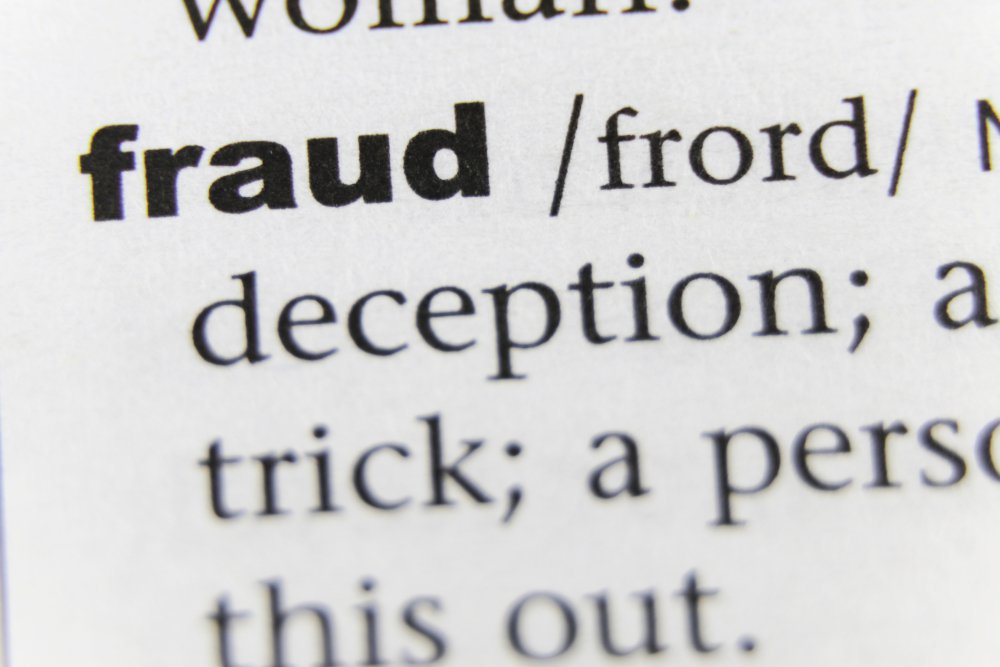Is Guardian/Berkshire Life not paying your long-term disability insurance claim?
As we predicted in an earlier blog, COVID-19 has led to a significant increase in long-term disability claims. The Guardian Life Insurance Company and The Berkshire Life Insurance Company of America (“Guardian/Berkshire”) is one of the long-term disability insurers who has experienced a dramatic spike in long-term disability claim filings since the start of the pandemic.
If you are a new claimant or a disabled claimant who receives long-term disability benefits from Guardian/Berkshire, you could be in for a very bumpy ride.
Our firm currently represents more than 40 professionals with long-term disability claims pending with Guardian/Berkshire. The majority of those claimants are health care professionals (primarily doctors and dentists), attorneys, and business owners. The COVID-19 pandemic has overworked physicians, put their health at great risk, and put them out of work with risks attendant to their return to work. The pandemic put dentists completely out of work while putting their return to work at risk as well. It has had a significantly negative impact on most attorneys and other business owners.
Couple that with the impact of the pandemic on the ability to get non-urgent medical care, like rehabilitation and “elective” procedures, the risks to those in poor health, and the impact on mental health, you get a dramatic increase in long term disability claim filings. And Guardian/Berkshire has been inundated with new claims.
To start with, Guardian/Berkshire does not make it easy for claimants who make long-term disability claims. They perform a forensic style analysis of new claims before they accept liability to pay those claims. During regular times, the Guardian/Berkshire claims process is a frustrating, often maddening process. Add to that the financial pressure placed upon them by a boatload of fresh claims, and rest assured the experience is going to get more exasperating, take longer, and many claimants will not be happy with the claim determination they receive.
Having represented more than 1000 Guardian/Berkshire insureds over the course of 30 years, here are some basic tips to help you get ready for the Guardian/Berkshire claims process.
Consult with a qualified attorney before making your claim.
Lawyers experienced in handling Guardian/Berkshire long-term disability claims will review your policy(s) and gather the facts surrounding the duties of your occupation and the nature and severity of your disability(s). From there, they should be able to assess the merits of your claim or advise what additional information they need to do so. If they need more information, do everything you can to get it to them.
Make sure you have a disabling medical condition.
A medical condition typically limits or prevents you from performing the duties of your occupation, as your occupation is defined in your policy. You need to be sure that the symptoms flowing from your medical condition(s) limit or prevent you from performing your job. These must be linked together.
Make sure your doctor supports you.
You need to know that your doctor is willing to tell Guardian/Berkshire that you are either limited by or prevented from performing your occupational duties. You need to ask the physician if he or she will support your claim and fill out the forms to support your claim. In addition, your doctor should be of the specialty appropriate to the condition(s) that disable you.
Make sure you have a clear understanding of the duties of your occupation and can prove it to Guardian/Berkshire.
Guardian/Berkshire will seek to verify the duties of your occupation just before you became disabled. They will demand your tax returns and evaluate all sources of your income as part of this process. If you are a physician or dentist, they will demand CPT and CDT codes, and rely upon them heavily. If you are in another occupation like an attorney or business owner, they will seek other collateral sources of information to verify your occupation, including appointments, time records, discussions with supervisors, partners, and employees, among other things. If you say you are a surgeon but engage in non-surgical work activities, beware. If you say you’re a trial lawyer but also engage in pretrial litigation, beware.
If you believe you may have a partial or residual disability claim, make sure you understand how the financial aspects of the policy work.
Again, consulting with a qualified lawyer will make this much easier.
If you experience symptoms on a regular basis that are hard for a doctor to verify, keep a daily log of those symptoms.
Pain, fogginess, lying down at various times throughout the day, numbness, inability to perform activities you used to perform, and quality of daily life limitations. These will be useful when you see your doctors and constitute valid documentation of your restrictions and limitations.
Doing these things will significantly enhance the likelihood that your Guardian/Berkshire long-term disability claim, if filed, will be a less painful experience, with a greater likelihood of payment of benefits at the end of the process.
If you have any questions concerning an existing or potential long-term disability claim with Guardian/Berkshire, don’t hesitate to reach out to us today for a free consultation.
Evan S. Schwartz
Founder of Schwartz, Conroy & Hack
833-824-5350
[email protected]


